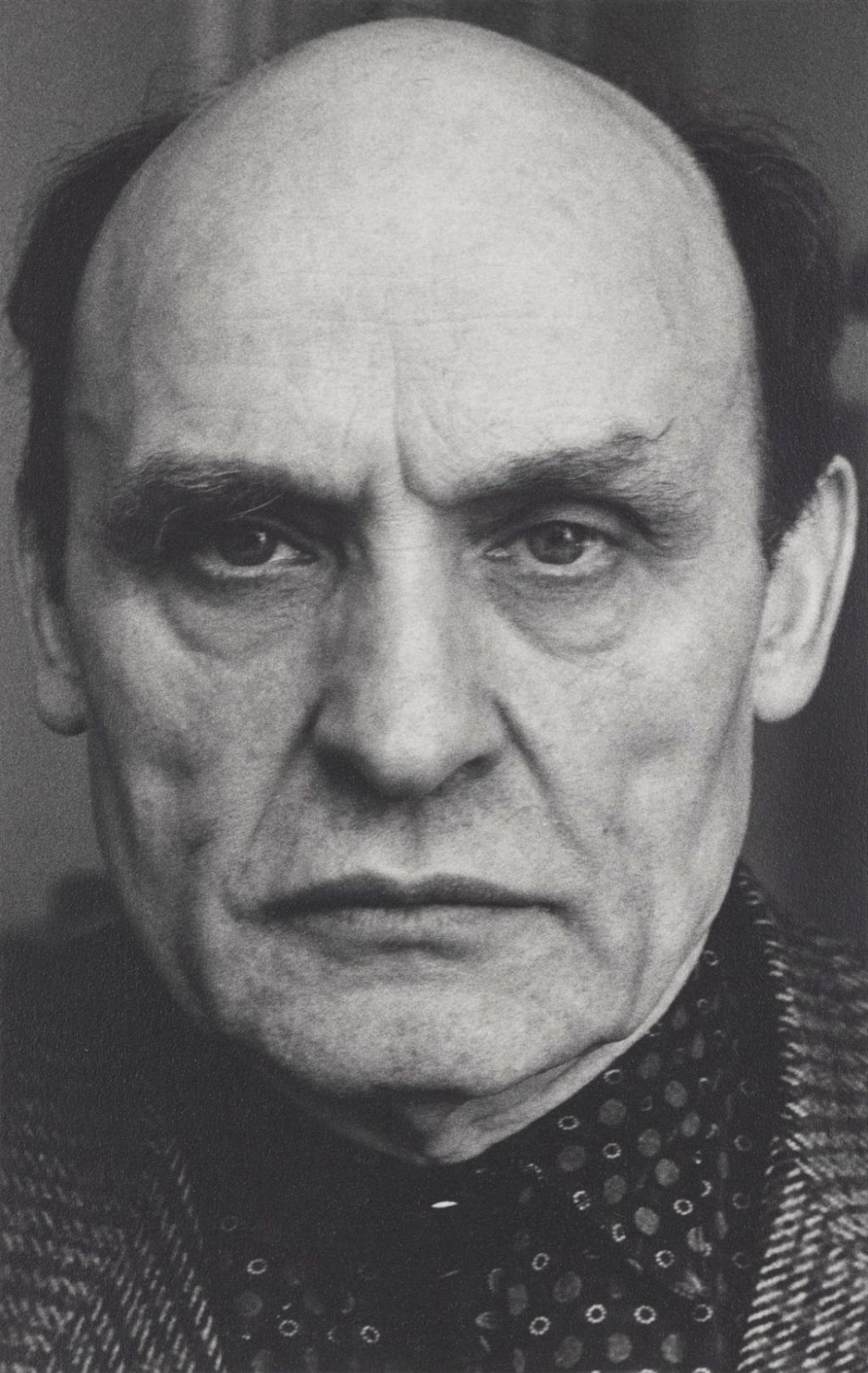[ad_1]
The artist Oswald Oberhuber, whose multifarious practice spanned painting, collage, sculpture, installation, and assemblage, has died at age 88. Since the 1960s, Oberhuber has been a powerful force in the Austrian art world, and he served as a rector at the University of Applied Arts Vienna.
Oberhuber’s sons, Nikolaus and Raphael Oberhuber, currently serve as directors of the gallery KOW, which maintains spaces in Berlin and Madrid. The news was confirmed on the homepage of KOW’s website.
Born in 1931 in South Tyrol, Italy, Oberhuber represented Austria at the 1972 Venice Biennale and participated in Documenta 6 and 7 in 1977 and 1982, respectively. He also exhibited work at the 1983 Bienal de São Paulo and had solo shows at the Museo de Bellas Artes in Bilbao, the Museum für Moderne Kunst in Bozen, 21er Haus Vienna, and other international venues.
Oberhuber’s work incorporated abstraction, figuration, fashion, and furniture design, with a strong emphasis on formal inquiries into the nature of shapes and lines. After he moved to Austria in 1940, the artist created bronze and plaster sculptures. He later developed the so-called “Principle of Permanent Change in Art,” which paid homage to ideas pioneered by Leon Trotsky about art and revolution.
In the January 1989 issue of Artforum, the art historian and critic Helmut Draxler reviewed Oberhuber’s 1988 retrospective at the Museum des 20. Jahrhunderts in Vienna. He wrote, “His refusal to form any personal style whatsoever combined here to produce an experience of intense flux.”
Throughout his career, Oberhuber also curated exhibitions and wrote criticism. Among the prizes he received are the Vienna Fine Arts Prize, the Tyrolean State Arts Prize, and the Austrian State Prize.
[ad_2]
Source link

